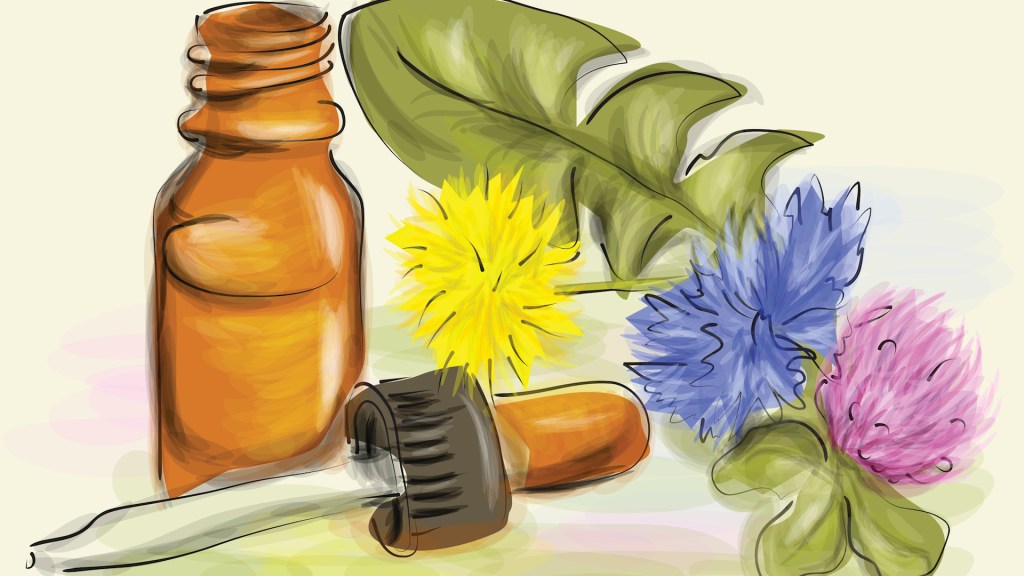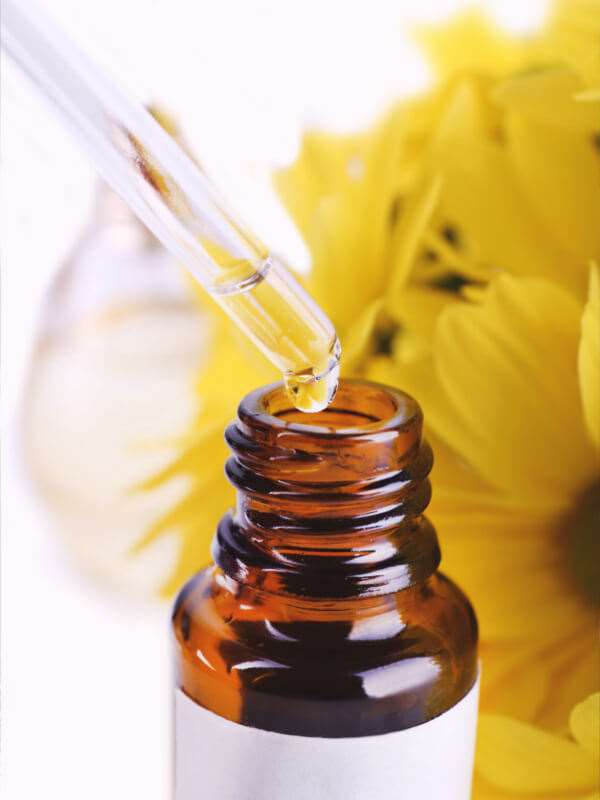Homeopathic healing and famous people
Homeopathy is considered the fastest growing branch of medicine in the world and, after traditional medicine, the most widely used. However, despite its safe use over the past 200 years, it remains a controversial topic for skeptics who claim that homeopathy is “quackery” and a “waste of money”.
Often mistaken for herbal medicine, homeopathy is a unique medical system that treats the entire body – not just the symptoms of disease – using the “law of similars”.
According to this practice, the patient is given a minimal dose of a substance that causes the same symptoms in a healthy person, and this exposure subsequently induces the body’s immune system to heal itself.
However, the exact action of homeopathy remains a mystery and numerous scientific studies have failed to find evidence of its effectiveness; The positive results observed by homeopathic patients are explained by the so-called placebo effect – when the belief in the healing abilities of the remedy actually makes the patient feel better.
As this age-old debate rages on, millions of people continue to use homeopathy successfully, and many more learn about it when conventional medicine has failed them.
Homeopathy around the world
Homeopathy as a science and an alternative to official medicine developed quite quickly in most of the countries of Asia, Europe and America.
Homeopathic pharmacies and medical centers, homeopathic societies, and centers that train homeopathic doctors have been established all over the world. And the number of doctors and patients who are interested in homeopathy is constantly growing.
Homeopathy as a science gained fame and official recognition in Germany. It was there that the first homeopathic journal was published and the first homeopathic society was created.
Doctors of other specialties who wish to practice homeopathy undergo special preparatory courses at the Central Society for a year and a half, while receiving not only theoretical knowledge, but also supplementing their training with practice in the clinics of medical schools.
Homeopathy is included in the annual list of scientific disciplines that students can choose to take exams.
Homeopathy may be banned in the UK
Homeopathy may be banned in the UKThe UK government in 2016 raised the issue of banning doctors from prescribing homeopathic medicines to patients.
In fairness, it must be said that in England homeopathy is not very popular without it. The National Health Service spends only £4 million a year on this part of health care, out of the country’s total annual budget of £115 billion.
Moreover, even if this ban were introduced, it would concern a fairly small part of the costs: the payment for homeopathic medicines that were prescribed by doctors costs only about 110 thousand pounds sterling, but the work of homeopathic centers, which accounts for the rest of the amount would not fall under this ban.
In the United States proposed to prove the effectiveness of homeopathy
The U.S. government has required manufacturers of homeopathic remedies to indicate that their products do not have proven efficacy and do not pass clinical trials that medicinal substances are supposed to pass.

Since homeopathic remedies are available and advertised as natural and harmless medicines, people easily buy them and spend a lot of money as a result. According to official estimates, Americans spend more than $3 billion a year on homeopathy.
Particular attention should be paid to two facts:
There are no proven scientific facts that could confirm that homeopathy really helps with any disease.
All the theories that homeopaths cite as evidence for the effectiveness of their treatment are based on 18th century medical concepts and most physicians and medical experts do not support them.
It is known that when a patient is prescribed dummy drugs solely for the sake of calming, then, depending on the degree of faith of the patient in this drug and his doctor, there is such a psychological effect that leads to an improvement in the patient’s condition without any real medical effect.
Homeopathy in modern Germany has an official status. All homeopaths are registered with the Central Homeopathic Society, which is divided into departments by region.
Perhaps such conclusions were facilitated at that time by the appearance of the first attempts to vaccinate against smallpox.
Against the background of treatment with lead, mercury, arsenic, bloodletting and enemas with caustic substances, such treatment looked like a boon (no pain and torment, drink to yourself and heal yourself), and very quickly became popular among patients and doctors. Apparently thanks to this, of all the methods of treatment of that time, homeopathy has reached our times.
